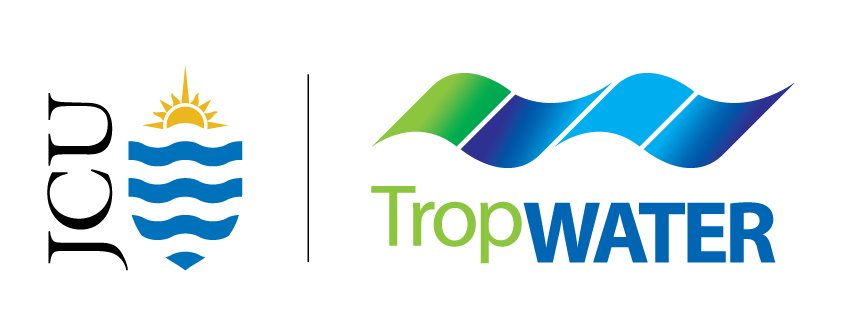
Australia
Location
Urgent action is needed to stop extensive loss of coastal and marine ecosystems. A large-scale, coordinated restoration approach will provide significant environmental, economic, and social benefits.
This project has developed a comprehensive roadmap to guide coordinated, large-scale coastal and marine restoration efforts in Australia.
Effective future restoration projects will rely on co-design with diverse stakeholders and meaningful engagement with Traditional Custodians.
Key points
Roadmap to large scale restoration
Large-scale efforts needed to restore coastal and marine ecosystems
Coastal ecosystems offer essential services like fisheries, tourism, carbon storage and climate change mitigation, shoreline protection. They also act as breeding grounds for many marine and freshwater species. Yet, they face significant losses due to human activities and climate change.
Ecological restoration is crucial for climate change mitigation and adaptation, according to the recent IPCC report. These ecosystems can store ten times more carbon per unit area than most land ecosystems, making them critical for reducing greenhouse gases and stabilising the climate.
Despite recent advances, coastal restoration efforts in Australia remain small-scale and experimental. This is falling short of meeting biodiversity and climate change goals.
Scaling up effective restoration projects across Australia is a monumental task. It needs a coordinated national approach to meet many challenges, including environmental, technical, social, political, and economic.
Key principles for the future of coastal and marine restoration
TropWATER and CSIRO scientists worked together to develop a roadmap to scale up restoration. This responded to the need for higher-level coordination and to speed up effective large-scale restoration.
Involving input from more than 170 contributors, including scientists, First Nations people, government agencies and funders, ‘A Roadmap for Coordinated Landscape-scale Coastal and Marine Ecosystem Restoration’ is the most forward-looking restoration review in Australia to date.
The project involved working with stakeholders through workshops and national surveys, while assessing existing restoration programs. The project sought to understand the current state of Australian coastal and marine ecosystems, understanding limitations, opportunities, and gaps in research.
The roadmap identified ten key principles:
Co-designing projects with stakeholders, especially Traditional Owners.
Fit-for-purpose governance with supportive, clear policies, permitting processes, and reporting.
No-gap funding for the long term, including monitoring, management, and maintenance.
Open access to social, economic, and biophysical information.
Evidence-based, transparent decision-making.
Restoration coordinated at scale.
Robust monitoring, maintenance, valuation, and reporting.
A clear strategy for climate change adaptation.
Implementation of nature-based solutions.
Effective knowledge sharing, supporting well-resourced practitioner and stakeholder networks.
Recommendations to upscale restoration
To address the urgent need for effective coastal and marine ecosystem restoration, this project produced the following key recommendations:
A large-scale, coordinated approach to coastal and marine ecosystem restoration is essential to enhance valuable natural assets and provide significant economic and social benefits.
Scaling up restoration efforts requires a national science-based plan to guide state and local strategies, along with a new economic model that blends government and private funding.
Restoration projects should be co-designed with diverse stakeholders, including Aboriginal and Torres Strait Islander organisations, researchers, practitioners, and communities.
The roadmap will guide future projects to meet national and international targets for coastal and marine restoration, including the UN Sustainable Development Goals, the Paris Agreement, and the Ramsar Convention.
For more information see Australian Coastal Restoration Network website.
Project details
This project was co-led between CSIRO and TropWATER (JCU), with important contributions from the University of New South Wales, Macquarie University, the University of Queensland, and the University of Melbourne.
Research support

Research leads












